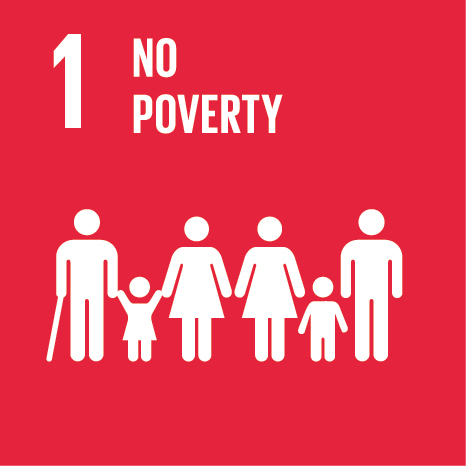Ciência_Iscte
Publications
Publication Detailed Description
Journal Title
PLoS One
Year (definitive publication)
2015
Language
English
Country
United States of America
More Information
Web of Science®
Scopus
Google Scholar
Abstract
Objective: This paper analyzes the impact of wealth on the use of contraception in Mozambique unmixing the contextual effects due to community wealth from the individual effects associated with the women's situation within the community of residence. Methods: Data from the 2011 Mozambican Demographic and Health Survey on women who are married or living together are analyzed for the entire country and also for the rural and urban areas separately. We used single level and multilevel probit regression models. Findings: A single level probit regression reveals that region, religion, age, previous fertility, education, and wealth impact contraceptive behavior. The multilevel analysis shows that average community wealth and the women's relative socioeconomic position within the community have significant positive effects on the use of modern contraceptives. The multilevel framework proved to be necessary in rural settings but not relevant in urban areas. Moreover, the contextual effects due to community wealth are greater in rural than in urban areas and this feature is associated with the higher socioeconomic heterogeneity within the richest communities. Conclusion: This analysis highlights the need for the studies on contraceptive behavior to specifically address the individual and contextual effects arising from the poverty-wealth dimension in rural and urban areas separately. The inclusion in a particular community of residence is not relevant in urban areas, but it is an important feature in rural areas. Although the women's individual position within the community of residence has a similar effect on contraceptive adoption in rural and urban settings, the impact of community wealth is greater in rural areas and smaller in urban areas.
Acknowledgements
--
Keywords
Fields of Science and Technology Classification
- Other Natural Sciences - Natural Sciences
Funding Records
| Funding Reference | Funding Entity |
|---|---|
| PTDC/CS-DEM/108033/2008 | Fundação para a Ciência e a Tecnologia |
| UID/SOC/03126/2013 | Fundação para a Ciência e a Tecnologia |
| UID/GES/00315/2013 | Fundação para a Ciência e a Tecnologia |
Contributions to the Sustainable Development Goals of the United Nations
With the objective to increase the research activity directed towards the achievement of the United Nations 2030 Sustainable Development Goals, the possibility of associating scientific publications with the Sustainable Development Goals is now available in Ciência_Iscte. These are the Sustainable Development Goals identified by the author(s) for this publication. For more detailed information on the Sustainable Development Goals, click here.

 Português
Português




